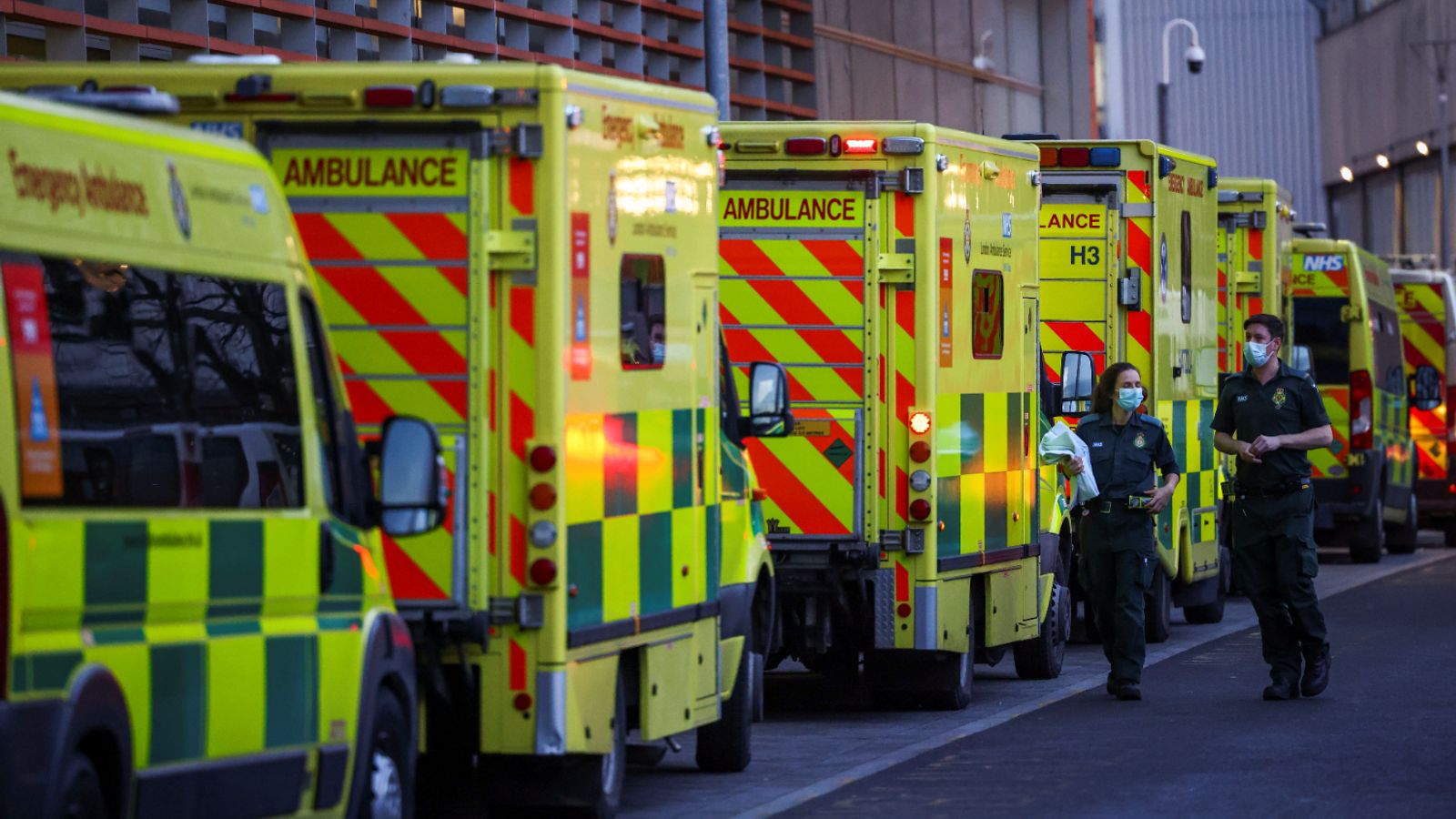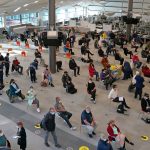The public is being urged to use the NHS 111 website before going to A&E for urgent but non-life-threatening medical problems.
NHS England’s national medical director, Professor Stephen Powis, warned of an “extremely tough winter like no other” as hospitals face the combined impact of COVID-19 and seasonal flu.
“Using NHS 111 online first will ensure everyone who needs medical advice can access it quickly and conveniently, alongside other services, while allowing us to care for the most seriously ill and injured patients in our A&Es,” he said.
“So, if you need urgent care but it’s not life-threatening, visit 111 online first – we’ll put you in touch with a healthcare professional if needed and help you get the treatment you need – and please continue to come forward for care, including through 111, your pharmacist or GP if you prefer.”
Please use Chrome browser for a more accessible video player
He reiterated the importance of receiving the “life-saving” COVID and flu vaccines.
From Monday, people who are eligible for a COVID booster jab can go to a walk-in centre without an appointment.
It comes after the South Central Ambulance Service declared a “critical incident” on Saturday due to “extreme” pressure on its services and an “overwhelming” number of calls.
COVID-19: Five million people have now died from coronavirus across the globe
COVID-19: Tears, hugs and laughter at Sydney airport as Australia reopens border
COVID-19: Final seven countries, including Colombia and Peru, removed from UK’s red travel list
It asked people to only call the emergency services about life-threatening illnesses and injuries.
NHS England is emphasising its “Help Us, Help You” campaign featuring television adverts, social media posts and billboards to promote the 111 online service.
The website can direct patients to urgent treatment centres and walk-in clinics, GP surgeries, pharmacies and emergency dental services – or arrange a call with a health care professional if needed.
NHS England experienced its busiest September on record, with more than 1.39 million people treated at major A&E departments.
Listen to the Daily podcast on Apple Podcasts, Google Podcasts, Spotify, Spreaker
Ambulances responded to a record 76,000 callouts for life-threatening problems and “lost” 35,000 hours queuing outside busy emergency departments, according to health care leaders.
Nearly one million people called 999 in September, while NHS 111 took more than 1.9 million calls in August – with one call every seven seconds.






















